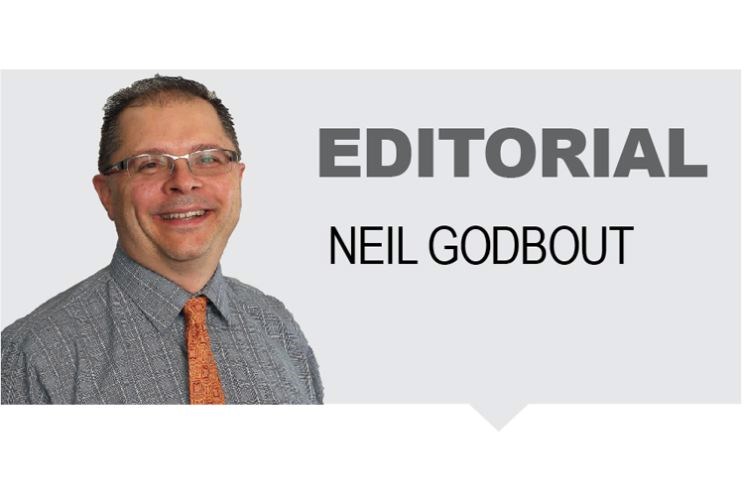Conservative Party of Canada members were in a tizzy earlier this week after La Presse reported that Rona Ambrose wouldn't be running in the leadership campaign to succeed Andrew Scheer.
Ambrose was the interim leader of the party after Stephen Harper resigned when he lost to Justin Trudeau and the Liberals won an unexpected majority government in the 2015 federal election. She was named interim leader on the condition that she wouldn't run for the leadership, a condition more than a few Conservative MPs and card-carrying Tories around the country regretted by the time the leadership came to a vote in May 2017.
In the 18 months she led the party, Ambrose emerged as a star in the House of Commons, uniting the Conservative caucus and skillfully skewering Trudeau and his rookie government for every misstep. As a former cabinet minister, she enjoyed the support of the Harper loyalists while also pushing out a kindler, gentler vision of Canadian conservatism than her predecessor.
Meanwhile, the Conservative leadership race devolved into a burning hot mess of not ready for prime-time players (including the eventual winner Andrew Scheer) boring everyone to death while Kevin O'Leary, Kellie Leitch and Maxime Bernier made headlines with their Donald Trump impersonations. Scheer won the leadership on the 13th (!) ballot at the leadership convention, narrowly defeating Bernier who had the most votes in every round prior to that deciding vote.
Scheer's ascension into leadership was a classic Pyrrhic victory because he inherited a bitterly divided party that had put its ugliest qualities on full display during the leadership campaign. That damage played more of a factor than Trudeau's numerous self-inflicted wounds in the minds of Canadian voters, who reluctantly chose to give the Liberals a second term (albeit a minority) this past fall.
Scheer's campaign performance was brutal and he did little to attract discerning moderate voters in Central Canada. He couldn't even win in Ontario, a province that had enthusiastically placed Doug Ford in the premier's chair a year earlier.
Election night wasn't even over before Scheer's political obituary was being written and the Ambrose whispers started.
After Scheer became leader in 2017, Ambrose resigned her seat in the House of Commons and went into private life, joining a Washington-based think tank, taking part in a NAFTA advisory and spearheading the non-profit She Leads Foundation, which encourages greater involvement of women in public leadership roles.
Oh, the irony.
Ambrose has said nothing publicly to dispel the La Presse story, while the National Post fired out its own story a day later, insisting through unnamed sources that she has not made a final decision on whether she will run or not.
Both stories seem incredibly convenient, designed to keep her name at the forefront of the leadership conversation as part of a "will she or won't she?" narrative. The attention the La Presse story received, along with who reacted and how they reacted to the news, provided her with valuable information about the extent of her party and public support, as well as who might stand in her way.
The Post story reported that she hasn't been making calls about forming a leadership team. Why would she? All of the reporting indicates the important people are calling her, urging her to run and pledging their endorsement.
It sets the stage for her actual announcement, when it will look like she has made a "tough" decision, based on a groundswell of support from across Canada, to come out of her happy retirement to serve her party and her country.
If all of this really is carefully choreographed political maneuvering to sweep Ambrose to a first-ballot victory at the Conservative leadership convention, Trudeau and the federal Liberals are in for a rough second term that will conclude with a reckoning with voters in the fall of 2023.
-- Editor-in-chief Neil Godbout



